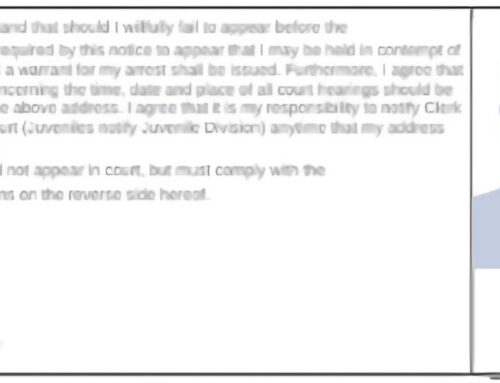A standard of proof is the level of evidence required to prove a claim or allegation in a particular situation. This can vary depending on the nature of the case and the legal system in which it is being heard. For example, in a criminal case, the prosecution must prove the defendant’s guilt “beyond a reasonable doubt.” In contrast, in a civil case, the plaintiff must only show that their allegations are more likely true than not. The standard of proof is an essential factor in determining the outcome of a case. While most people have heard of “reasonable doubt,” several other proof standards are used in criminal cases in Florida.
What is reasonable doubt under Florida law?
Reasonable doubt is a term used in the criminal justice system to describe the standard of proof that must be met for a defendant to be convicted of a crime. In Florida, reasonable doubt is “a doubt based on reason and common sense after a careful and impartial consideration of all the evidence in the case.” This means that, for a defendant to be convicted, the prosecution must present evidence that is strong enough to convince a reasonable person, based on reason and common sense, that the defendant is guilty.
What is the clear and convincing evidence standard?
The clear and convincing evidence standard is a level of proof higher than the preponderance of the evidence standard but lower than the beyond a reasonable doubt standard used in criminal cases. This standard is used in certain civil cases where a higher level of proof is required, such as cases involving fraud or cases in which a person’s fundamental rights are at stake. Suppose you are accused of domestic violence, for example. In that case, the petitioner must provide the court with evidence that shows that it is highly probable or reasonably certain that the allegations are true. It is also the level of proof that a defendant is required to meet if they are arguing an insanity defense. The Florida Criminal Jury Instructions state that: “Clear and convincing evidence is evidence that is precise, explicit, lacking in confusion, and of such weight that it produces a firm belief, without hesitation, about the matter in issue.”
What is the preponderance of the evidence standard?
A preponderance of the evidence is a standard of proof used by judges under certain circumstances in criminal cases. If you are accused of a probation violation, for example, the state must present evidence that shows that you were more likely than not engaged in the alleged activity. This standard of proof is known as a “preponderance of the evidence.” Also, if a defendant is trying to defend themself by presenting an affirmative defense, in that case, they may be required to present enough evidence to meet this standard before the state is required to disprove it beyond a reasonable doubt.
What is probable cause?
Probable cause is a standard of proof used in the criminal justice system to determine whether there is enough evidence to justify taking certain actions, such as making an arrest or obtaining a search warrant. Probable cause exists when there is a reasonable basis to believe that a crime has been committed and that the person being arrested or the place being searched is connected to the crime.
What is reasonable suspicion?
Reasonable suspicion is a lower standard of proof than probable cause, and it is used in the context of law enforcement. Reasonable suspicion is a level of belief that falls short of probable cause. However, it is still sufficient to justify certain limited actions by law enforcement, such as a brief investigatory stop or frisk. For an officer to have reasonable suspicion, they must have specific, articulable facts that would lead a reasonable person to believe that criminal activity is afoot. This standard is lower than probable cause because it only requires that the officer have a reasonable basis for suspecting that criminal activity is occurring rather than a higher level of certainty.
Questions about Standards of Proof?
Being charged with a crime can be a life-changing event. In a criminal trial, the burden of proof is on the prosecution to prove the defendant’s guilt beyond a reasonable doubt. Having experienced legal representation can help ensure that your interests are protected. Our criminal defense attorneys have experience representing clients in a wide range of criminal cases. Contact us to learn more about how we can help you with your case.








